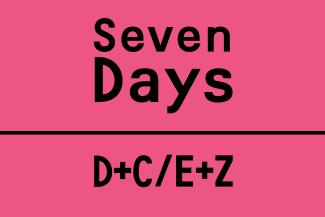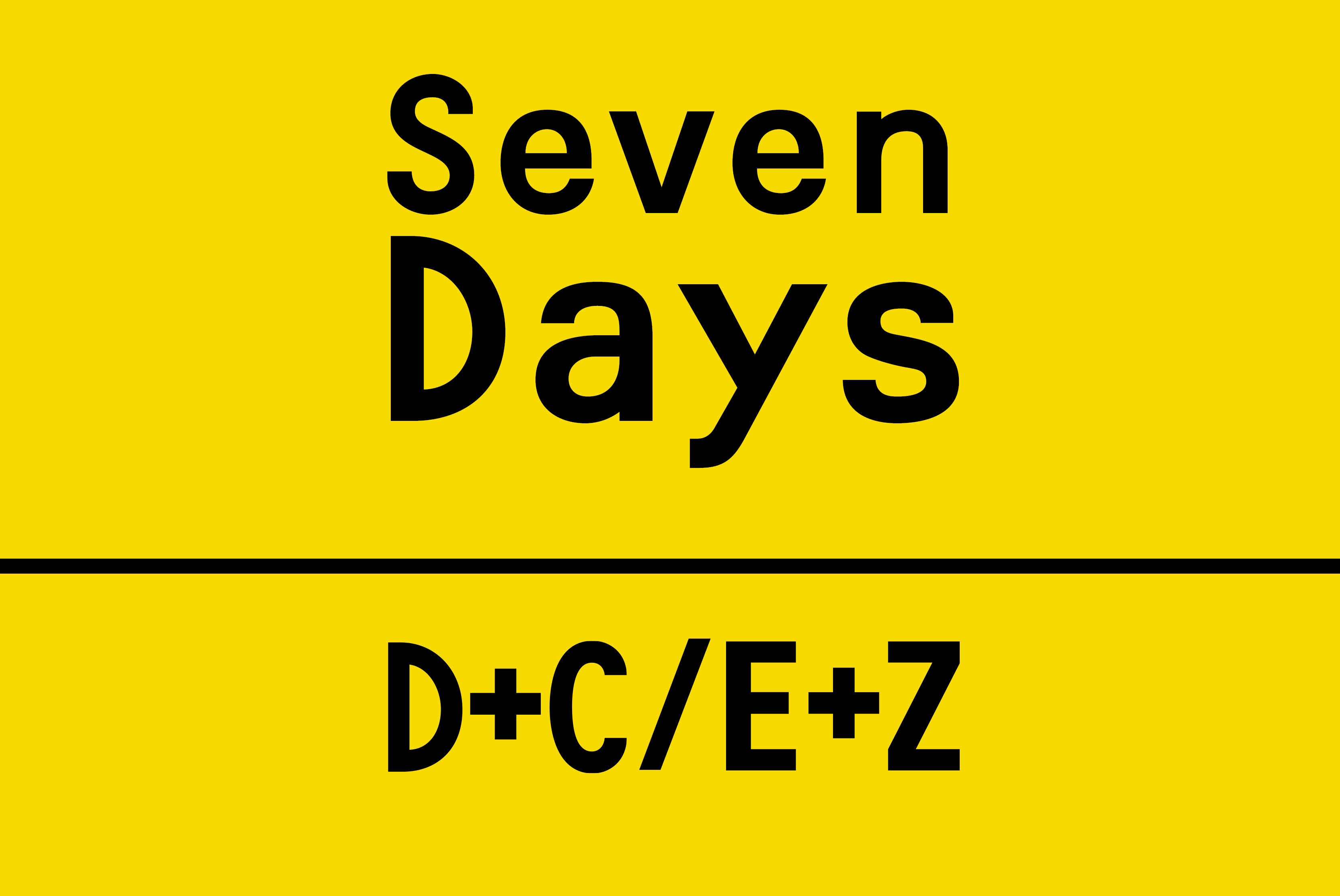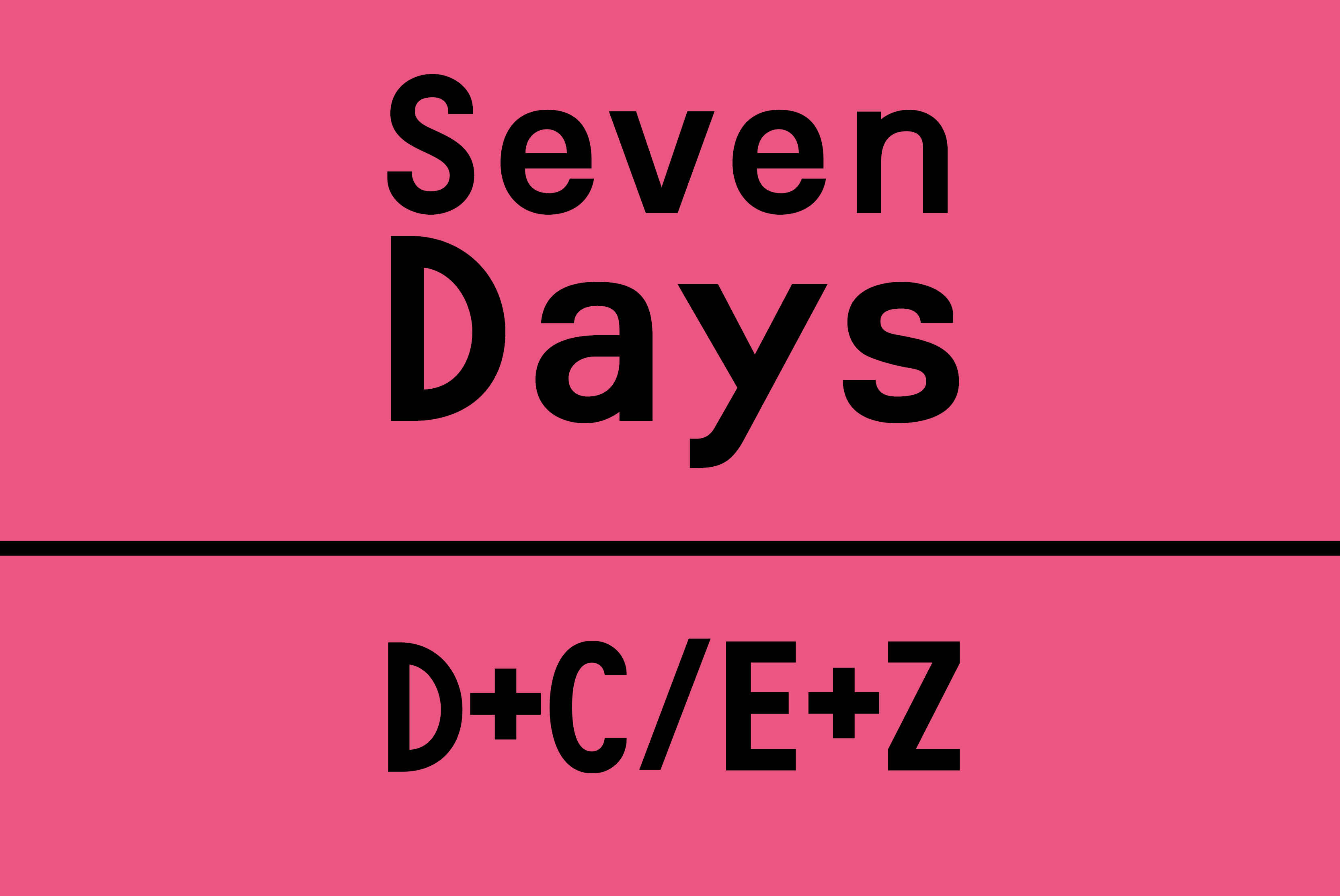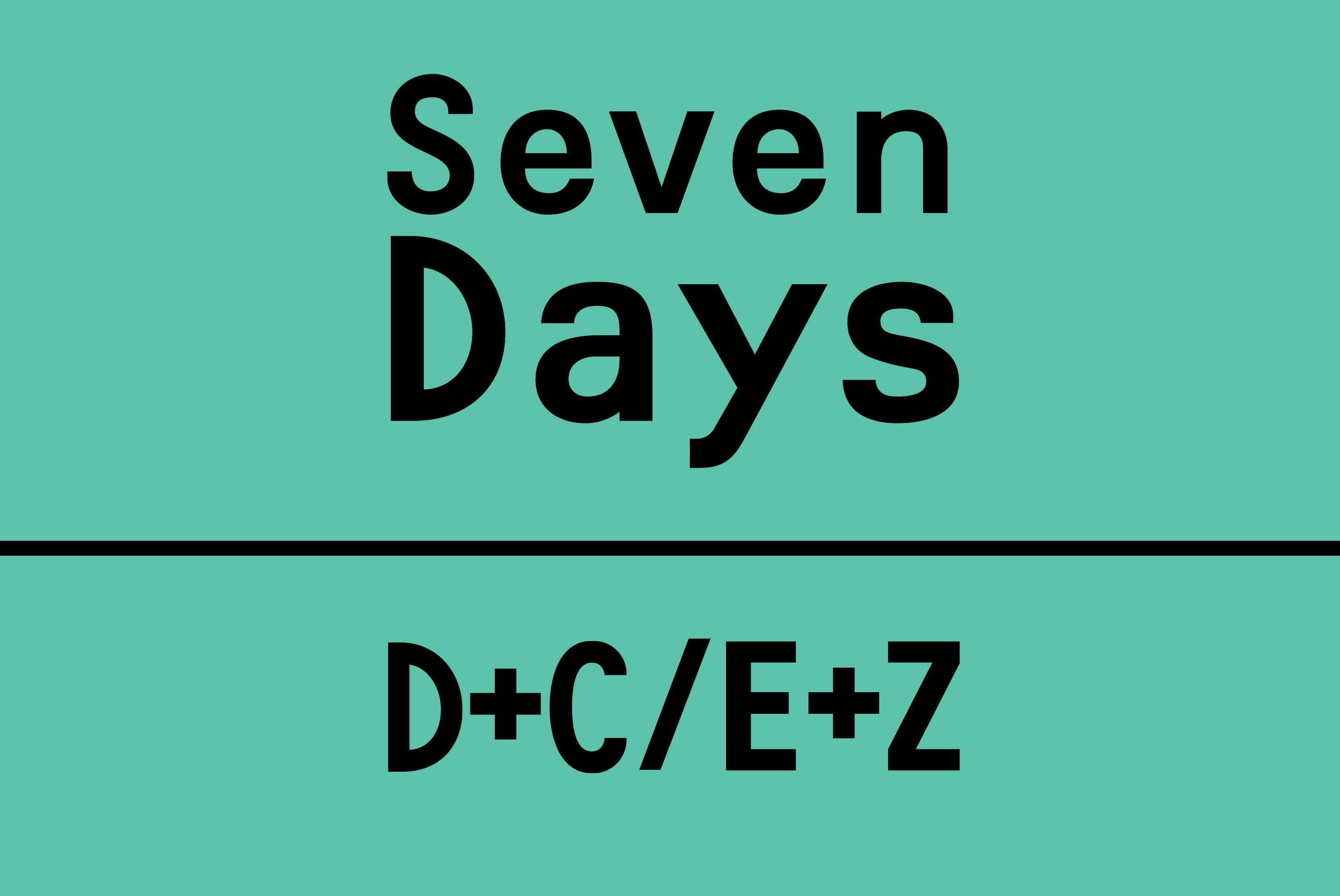In brief
News of the week

Boko Haram violence
According to Amnesty International, some 700 to 2000 people were killed in recent Boko Haram attacks in north-eastern Nigeria. The human rights organisation based its estimate on satellite images of destroyed villages. A Nigerian military spokesman had earlier said that at most 150 persons had died. In the meantime, the armed forces of Cameroon claimed to have beat back Boko Haram Islamists who had been staging attacks in the north of their country.
Observers around the world bemoaned that, while more than 1 million people including several dozen heads of state and government rallied against Islamist terrorism in Paris on Sunday in response to the terror attack on the satirical magazine Charlie Hebdo, the public reaction to the atrocities in Nigeria stayed muted. On Thursday, Nigeria’s President Goodluck Jonathan made a surprise visit to the strife-torn region, promising strong military action to local people and more equipment to the military. His country’s armed forces are by far the strongest in West Africa, but have not been able to get a grip on Boko Haram for years.
Debate on freedom of expression
On his trip to Sri Lanka and the Philippines, Pope Francis has said that the freedom of expression is limited and that religious faith must not be made fun of. Discussing the terror attack in Paris, he stated that the freedom of speech is a fundamental right, but also insisted: “Every religion has its dignity.” Liberties, in his eyes, go along with the obligation to serve the common good.
In France and around the world, millions of people fast adopted the slogan “Je suis Charlie” (I am Charlie) after the murderous attack on Charlie Hebdo, the satirical newspaper. In the meantime, however, many others are declaring that, while they condemn terrorism, they do not agree with the satirical magazine’s cartoons which made fun of Muslims and followers of other faiths. In the Arab world, some bloggers insist that freedom of speech must be unlimited, while others argue that it is irresponsible and stupid to offend people because of their faith.
The Turkish government made websites that show cartoons from the most recent edition of Charlie Hebdo inaccessible. This policy seems odd since Prime Minister Ahmet Davutoglu took part in the solidarity rally in Paris on Sunday that endorsed France’s republican values, which include secularism and the freedom of speech. Saudi Arabian authorities even punished a blogger for comments on his website by flogging in spite of Saudi officials’ participation in Paris. Faith leaders in Cairo, however, urged Muslims to ignore cartoons they considered stupid and offensive.
A column in the New York Times pointed out the irony that, while many American students have adopted the “je suis Charlie” slogan, college newspapers in the USA would hardly have published the magazine’s cartoons before the Paris attack. The USA and France have a shared history of human rights and civil liberties, but American society today is more averse to what can be considered hate speech than French society.
66 journalists murdered in 2014
Media workers faced serious repression in many countries last year, according to Reporters without Borders. The international civil-society organisation reported on Thursday that 66 journalists were murdered, while 178 were imprisoned by government agencies and 119 were kidnapped. According to the data, the number of kidnappings was about one third higher than in 2013.
Link:
http://en.rsf.org/rwb-publishes-2014-round-up-of-16-12-2014,47388.html
CSO coalition disappointed in Ban Ki-moon
The Campaign for People’s Goals for Sustainable Development has published a response to Ban Ki-moon’s summary report on the Sustainable Development Goals. The Campaign, which is an international alliance of civil-society organisations from developing countries, appreciates many points made by the UN secretary-general, including his emphasis on human-rights-based approaches. However, the activists argue that Ban’s statement is not sufficiently radical: “It obscures the hard reality that entrenched interests, especially corporate interests, are behind unsustainable and unjust patterns of extraction, production, consumption and waste that are driving poverty, hunger and climate change.”
Link:
http://peoplesgoals.org/wp-content/uploads/2015/01/CPGSD-Response-to-the-UNSG-Synthesis-Report.pdf
China’s relations with Latin America
China’s President Xi Jinping expects his country’s trade with Latin America to almost double in the next ten years. At the Forum of China and the Community of Latin American and Caribbean States (CELAC) in Beijing, he predicted its worth to rise to about $ 500 billion annually. He also indicated that Chinese investments in CELAC countries would amount to some $ 250 billion over the next decade. While such numbers may seem impressive, the London-based magazine The Economist noted that China is not willing to fill Latin America’s finance gaps unconditionally and pointed out that Nicolas Maduro, the Venezuelan president, did not get the kind of support from Beijing he hoped for. Venezuela is an oil-exporting country that is strongly affected by falling oil prices.
One million Chinese couples apply for a second child
According to government sources, one million couples have applied to have a second child in the People’s Republic of China last year. The Communist regime relaxed its one-child policy at the end of 2013, allowing families to have two children if one parent is a single child. The authorities announced they expect the number of applicants to rise this year and expect it to peak at 2 million eventually.
These items were compiled by Hans Dembowski on the basis of international media coverage.










